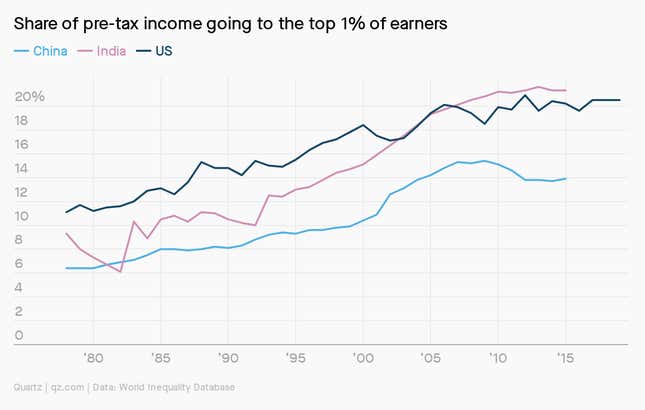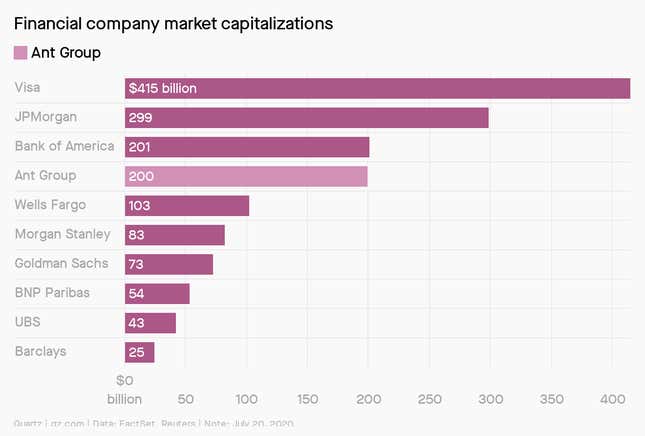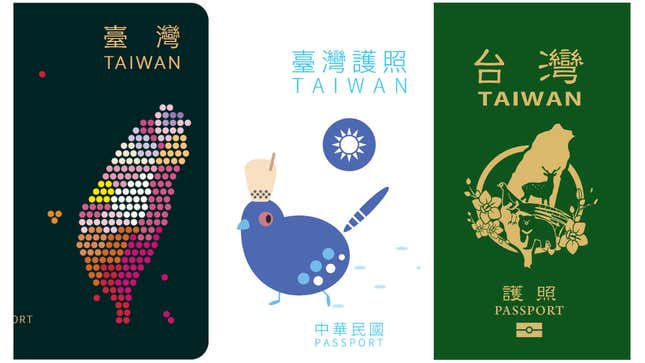Good morning, Quartz readers!
Here’s what you need to know
Facebook News’ paid partnerships are expanding outside the US. The social media company said it will start paying to republish news content in India, Brazil, the UK, Germany, and France. Facebook has been under fire for appearing to favor prime minister Indian Narendra Modi’s party. Meanwhile, it finally handed over data related to Myanmar’s alleged human rights violations to UN investigators, and said it’s planning legal action over a censorship demand from Thailand’s government.
iSpace raised another $172 million. The Chinese commercial space company’s latest funding will go towards development of reusable rockets. Last July, iSpace was the first private Chinese launch company to send satellites into orbit.
AirAsia reported a record loss. The budget carrier saw sales drop 96% in the second quarter, leading to a $238 million loss. The airline has been exploring raising funds through bank loans or a joint venture, and it expects demand to increase in the second half of 2020.
The first person charged under Hong Kong’s national security law was again denied bail. After initially being denied bail last month—and after a habeas corpus challenge failed last week—Tong Ying Kit’s latest application was rejected Tuesday. Under the new national security law, it is now up to the defendant to justify release while awaiting trial.
Obsession Interlude: Fixing capitalism
In the world’s most populated countries, the very highest earners are getting an increasingly bigger piece of the pie. Between 1980 and 2015, the share of pre-tax income going to the top 1% more than doubled in China and India, and grew by 80% in the US.

This rise in inequality is largely the result of the highest educated workers making a lot more money. Automation, computing power, and globalization made knowledge workers more valuable. At the same time, power for the working class dissipated as unions became weaker. If income is to be distributed more equally, it either means broadening access to educational opportunities or pushing laws, like the minimum wage or promoting unions, to force employers to give the poorest a raise.
Keep tabs on the Fixing Capitalism obsession here.
Charting Ant Group’s rise
Ant Group, the Chinese fintech giant owned by Alibaba, aims to achieve a market value of more than $200 billion when it goes public. Its IPO documents, filed in Hong Kong and Shanghai on Tuesday, are finally giving the world a look at the numbers behind that goal.

Apart from its enormous size, Ant’s money-making ability is also due to the benefits that come from being part of the Alibaba ecosystem, since it is the default payment option on Alibaba’s e-commerce and food delivery platforms. Still, its earnings from payment transactions are giving way to those from selling technology services to other financial institutions, which now make up more than 60% of its revenues.
What makes higher ed valuable?
We asked Quartz members this question in a recent email, and here’s how they responded:

History may look back at this year as the turning point when online education began its transition from a niche product to an essential element of the college experience, as much a part of higher education as lectures and laboratories. In some cases, universities—seizing an opportunity to cut expenses in facilities and instruction—will embrace a hybrid model, where students attend classes both online and in person. In other cases, new, revenue-generating programs will expand the university to students who never step on campus. And in some instances, completely new forms of education will develop and gain traction.
In a sector that dates to the 1600s, change moves slowly, but the investments by universities in technology and training—and the growing acceptance of online learning among students, parents, and faculty—will permanently reshape higher education in America. As international universities look to the US as a model, the impact will eventually be felt globally. Read more in our field guide to higher ed going remote.
✦ Even if your student days are behind you, reading Quartz’s global news coverage ensures you’ll keep learning every day. Get 50% off your first year as a member by using code “SUMMERSALE.”
You asked about droplets
If corona infection is spread through inhaling droplets expelled by infected people, how is it possible to get infected by asymptomatic carriers (who presumably are not coughing/sneezing)?
You’re not the only one confused by this issue, Sandesh. When you think “droplet,” you’re probably imagining big, gloopy glops of sneezes and coughs, chock-full of virus. You’re not wrong: We know for sure that those close-range viral missiles, the ones bigger than 5 μm across by the WHO’s definition, can carry enough virus to infect others.
But this coronavirus can also survive and remain infectious in much smaller particles, which public health researchers sometimes call aerosols or droplet nuclei. Those particles can be exhaled when someone is simply breathing or talking, and they’re also light enough to float around in the air for a while. Big, gloopy droplets are more likely than aerosols to carry enough virus to get others sick, but transmission via those smaller particles is also possible, particularly indoors where air can’t circulate. So just because someone isn’t coughing doesn’t mean they’re not infectious.
Surprising discoveries

Taiwan’s new passport might have bubble tea on the cover. A design contest has produced a slew of quirky submissions.
Louis Vuitton made a skate shoe. Professional skateboarder Lucien Clarke designed the sneaker, which will debut in the skater magazine Thrasher.
KFC now thinks licking your fingers is not the best idea. The restaurant chain is temporarily retiring its long-running “finger-lickin’ good” slogan due to Covid-19.
An Indian university held its graduation ceremony in virtual reality. Students used avatars to wander campus before receiving their diplomas from the school’s director.
An escaped tortoise didn’t make it very far. More than 10 weeks after it bolted from its Tennessee home, the slow-moving reptile was discovered less than a mile away.
Our best wishes for a productive day. Please send any news, comments, pandemic-sensitive restaurant slogans, and virtual diplomas to hi@qz.com. Get the most out of Quartz by downloading our app on iOS and becoming a member. Today’s Daily Brief was brought to you by Dan Kopf, Katie Palmer, Jane Li, Susan Howson, and Liz Webber.